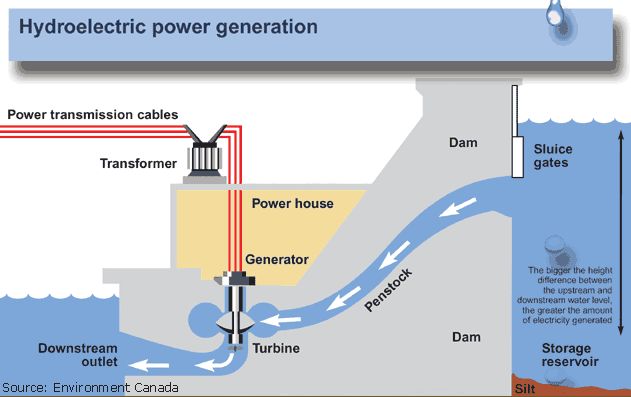In recent years, the need for sustainable agriculture practices has become increasingly important as we face environmental challenges such as climate change and habitat destruction. Sustainable agriculture aims to maintain and enhance the health of the environment while also keeping farming economically viable.
Conservation Agriculture
Conservation agriculture is a key approach to sustainable farming that promotes minimal soil disturbance, diverse crop rotations, and the use of cover crops. By reducing tillage, farmers can prevent soil erosion, retain moisture, and improve soil health. Diverse crop rotations help to break pest cycles and improve soil fertility, while cover crops can reduce the need for synthetic fertilizers and pesticides.
Organic Farming
Organic farming is another important practice in sustainable agriculture. By eliminating synthetic chemicals and pesticides, organic farmers protect pollinators and other beneficial insects, reduce water pollution, and improve soil health. Organic farming also promotes biodiversity and supports wildlife habitats on farmland.
Agroforestry
Agroforestry combines tree planting with crop production to create a more sustainable and diverse farming system. Trees provide numerous benefits such as shade for crops, windbreaks, and carbon sequestration. Agroforestry can improve soil fertility, reduce erosion, and provide additional sources of income for farmers through timber or fruit production.
Precision Agriculture
Precision agriculture uses technology such as GPS mapping, drones, and sensors to optimize farming practices and reduce input use. By precisely applying fertilizers and pesticides only where they are needed, farmers can reduce waste and minimize environmental impact. Precision agriculture can also help farmers monitor crop health, predict yield, and make informed decisions to increase productivity.
Water Conservation
Water conservation is crucial in sustainable agriculture, especially in regions facing water scarcity. Practices such as drip irrigation, rainwater harvesting, and soil moisture monitoring can help farmers optimize water use and minimize waste. By using water more efficiently, farmers can sustainably produce food while protecting water resources for future generations.
Conclusion
Sustainable agriculture practices are essential for the conservation of our environment and natural resources. By adopting practices such as conservation agriculture, organic farming, agroforestry, precision agriculture, and water conservation, farmers can protect the health of the land, water, and biodiversity. As consumers, we can support sustainable agriculture by choosing products that are produced in an environmentally friendly and socially responsible manner. Together, we can create a more sustainable food system for the future.

